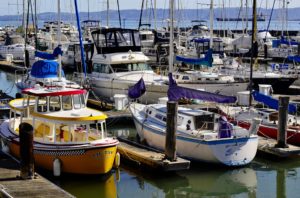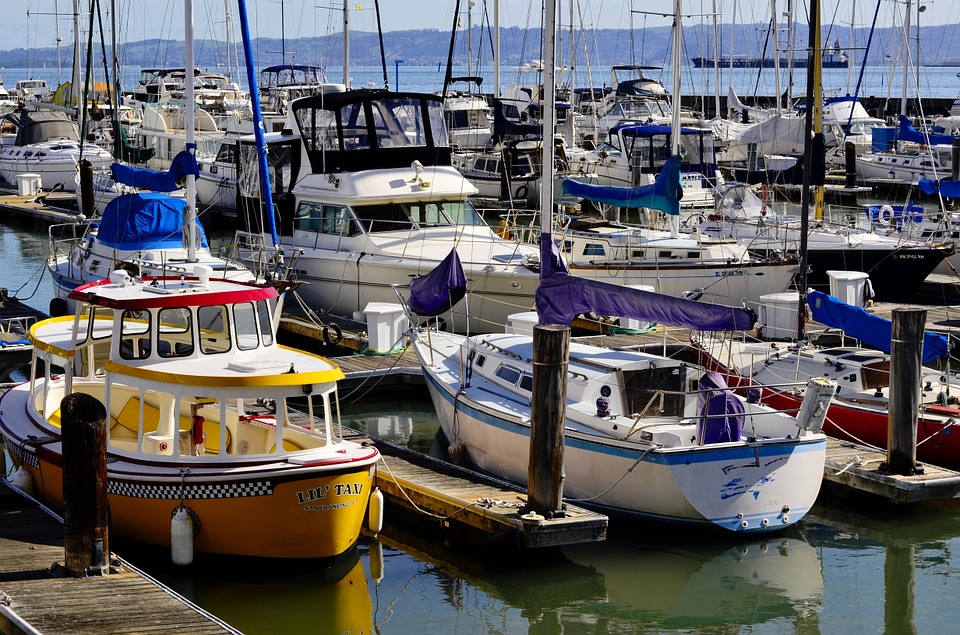 Marinas are held responsible for water quality at their facility. Water quality is monitored by federal and state governments due to significant health risks contamination can pose to humans and marine animals. These concentrated basins of activity can easily become polluted due to a number of factors.
Marinas are held responsible for water quality at their facility. Water quality is monitored by federal and state governments due to significant health risks contamination can pose to humans and marine animals. These concentrated basins of activity can easily become polluted due to a number of factors.
- Boat Cleaning
- Engine Maintenance
- Bilge Water Handling
- Fueling
- Sewage and Wastewater Management
- Fish Waste Management
- Storm Water Management
When it comes to sewage and waste water management, marinas have significant laws with which to comply. The onus is typically on the facility to educate boaters on water quality best practices. The marina is also expected to provide multiple options for emptying boaters’ tanks safely.
Marinas are expected to provide pumpout services at convenient times and for enough hours to cover the typical demands of the boaters. They must have properly trained staff and keep their pumping costs low – it’s been shown that high priced pumping can discourage boaters from using the service. In fact, The Clean Vessel Act grant program imposes a ceiling charge on pumping if federal money was used to purchase the pumpout equipment.
With all that is at stake for Marina owners, a Phelps Honey Wagon for Marinas can provide an option that puts some control back into the hands of the Marina. The original cost of a honey wagon can be recouped quickly by providing low cost at-your-boat services.
Creating a service of regularly scheduled pumping for live-ins and an on-demand service for weekenders reduces traffic to the dump station and also on the staff. It could even serve as a secondary pumping station for the Marina’s heaviest visited times. A honey wagon can provide assurance that boaters are less likely to dump their tanks in the water, putting the marine environment at risk.
When considering the reasonable cost of a honey wagon and how little maintenance they require, it is a very good investment in the health and profitability of the business.
